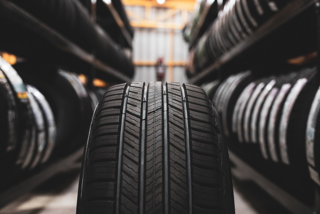The reduction in speed could lead to an estimated yearly saving of £15m from fatal, serious and slight injuries avoided, report uncovers.
The University of the West of England (UWE) report analysed the impact of 20mph roll-outs for Bristol City Council, in what it calls a “holistic approach”.
The study found a reduction of 2.7mph in average traffic speeds and an estimated cost saving of over £15m per year from fatal, serious and slight injuries avoided.
Focusing on public health, using a variety of data sources, the report found that:
- Significant reductions in average traffic speeds of 2.7mph across the city of Bristol, following the introduction of 20mph speed limits - larger than in previous evaluations in other cities.
- It used individual speed data from over 36 million vehicle observations and controlled for other factors affecting speeds.
- A reduction in the number of fatal, serious and slight injuries from road traffic collisions. Casualties avoided are 4.53 fatalities, 11.3 serious injuries and 159.3 slight injuries pa.
- Estimated cost savings of over £15 million per year. This is an annual saving over 5 times greater than the one-off implementation cost of £2.77m.
- Although there is still majority support for 20mph speed limits in Bristol, there remains concern about compliance and behaviour of other drivers.
- Walking and cycling across Bristol has increased, both among children travelling to school and commuting.
- The introduction of 20mph speed limits in Bristol offers a model for other towns and cities across the UK, who are seeking to reduce traffic speeds, cut road traffic casualties, and promote community health and well-being through road danger reduction.
20’s Plenty for Us’ founder and campaign director Rod King MBE said:
“This report builds on the findings of other 20mph cities and towns. Default 20mph limits are an important foundation for making our places better places to be.
"They are affordable, reduce speeds, reduce casualties and make our places more friendly for walking and cycling.
"This study shows that the public health benefits are significant. It is now time to standardise on a 20mph default at national level to increase benefits, reduce implementation costs and maximise the excellent return on public funds.”
The Bristol Twenty Miles Per Hour Limit Evaluation (BRITE) Study is available online.





















Tony Richards - 12/04/2018 12:18
I note that the data used to measure the impact of reducing the speed limit was collected by ATC cameras on A and B roads.These cameras would not normally be found in residential areas and therefore the data is flawed and is meaursuring the impact of traffic speed against a different road section and not the roads affected by the change in limits